NWAA urges decision-makers to ‘follow the science’
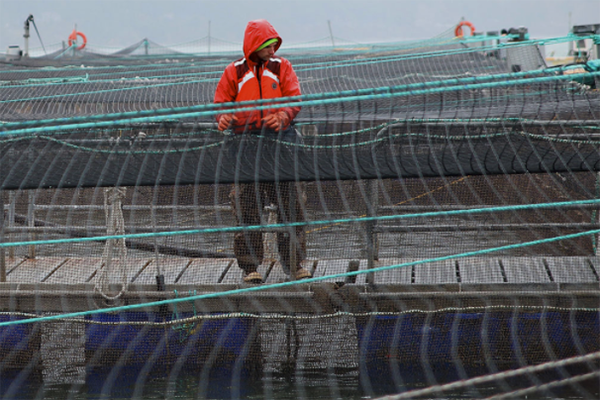
The National Marine Fisheries Service of the National Oceanic and Atmospheric Administration (NOAA) has issued a biological opinion regarding marine finfish aquaculture in Puget Sound.
According to a press release from the Northwest Aquaculture Alliance (NWAA), the American scientific and regulatory agency found little to no negative impact on native species such as endangered salmon, orcas or their habitats.
“After years of meticulous research and study, the scientists at NOAA have concluded, with full scientific certainty, that net-pen aquaculture in Puget Sound is safe for the environment and safe for the endangered species that live in these waters,” said Jim Parsons, president of NWAA and CEO of Jamestown Seafood.
The NOAA analysis was initiated in October of 2018 to analyze the effects of the United States Environmental Protection Agency’s (EPA) approval of the Washington Department of Ecology’s Sediment Management Standards regarding marine finfish rearing facilities. In its analysis, NOAA found that EPA’s approval:
- Is “not likely to jeopardize the continued existence” of Puget Sound (PS) and/or Georgia Basin (GB) species, including chinook salmon, PS steelhead, Hood Canal summer-run chum, PS/GB yelloweye rockfish, or PS/GB bocaccio.
- Is “not likely to result in the destruction or adverse modification of the designated critical habitats for any of the listed species.”
In response to this expert opinion, the NWAA is calling on regulators and policymakers to “follow the science” in making key decisions about marine aquaculture in Washington waters.
“This study, along with the recent unanimous Washington Supreme Court decision upholding Cooke Aquaculture Pacific’s permit to raise native steelhead in Puget Sound, finally puts to rest one of the biggest myths of all: that fish farming has a negative impact on endangered Chinook salmon and Orcas,” said Parsons.
Read NOAA’s biological opinion here.
Follow the Advocate on Twitter @GSA_Advocate
Now that you've reached the end of the article ...
… please consider supporting GSA’s mission to advance responsible seafood practices through education, advocacy and third-party assurances. The Advocate aims to document the evolution of responsible seafood practices and share the expansive knowledge of our vast network of contributors.
By becoming a Global Seafood Alliance member, you’re ensuring that all of the pre-competitive work we do through member benefits, resources and events can continue. Individual membership costs just $50 a year.
Not a GSA member? Join us.
Author
Tagged With
Related Posts
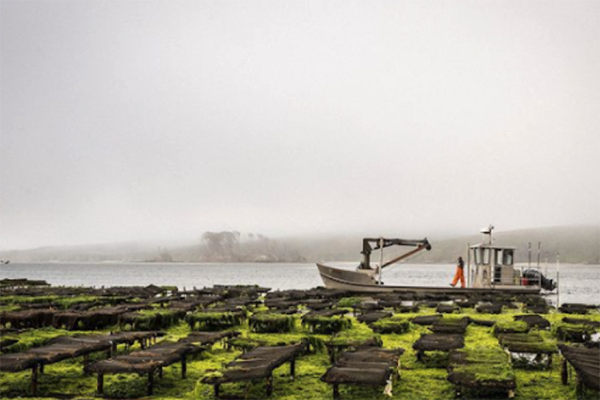
Intelligence
NOAA releases new marine aquaculture permitting guide
NOAA has released a new guide to help navigate the federal marine aquaculture permitting process in U.S. waters.
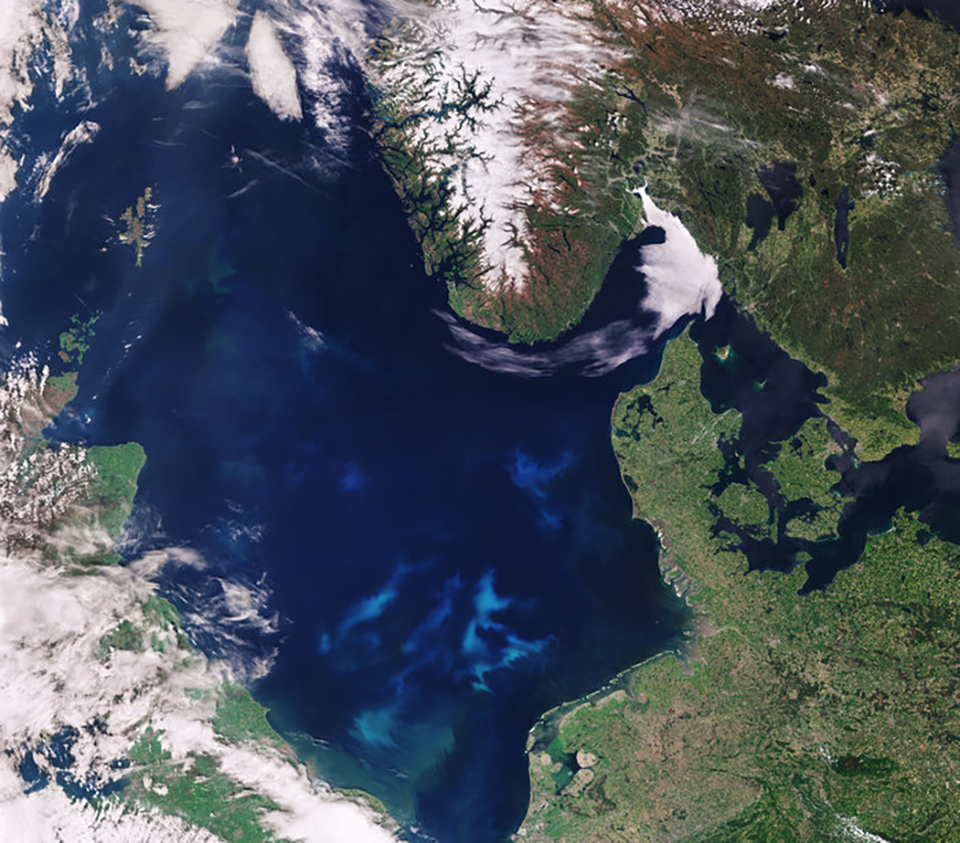
Responsibility
NOAA invests millions to take on harmful algal blooms
The National Oceanic and Atmospheric Administration announced $15.2 million in funding to research harmful algal blooms throughout U.S. coastal and Great Lakes waters.
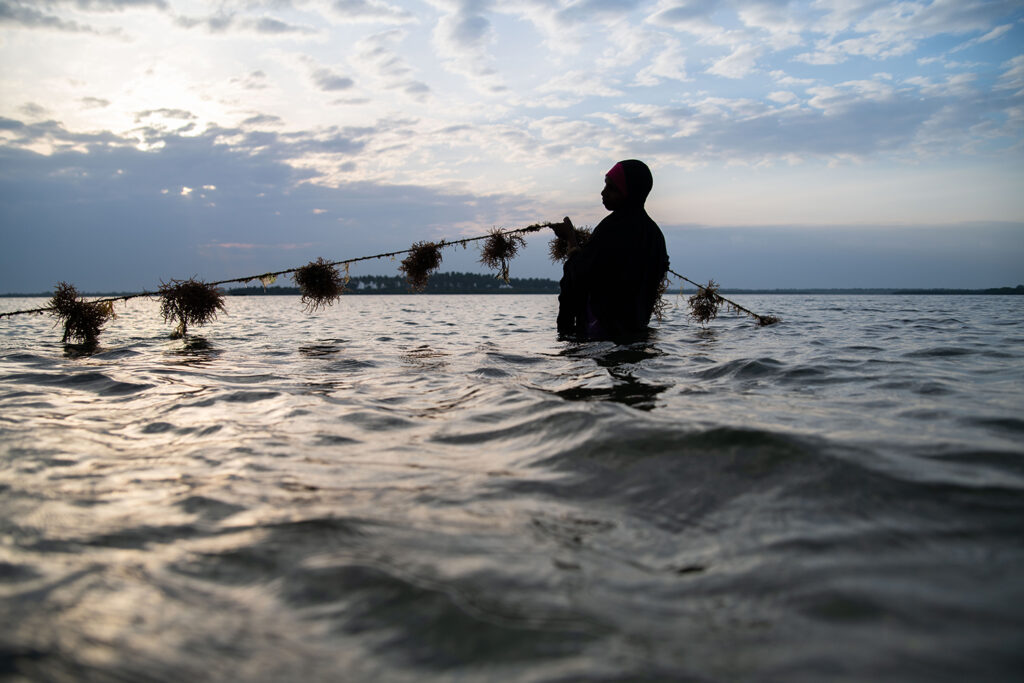
Responsibility
Climate change mitigation needs mariculture, new research concludes
NGO-academic collaborative study finds that mariculture “done right” can aid climate change mitigation by cutting greenhouse gas emissions.
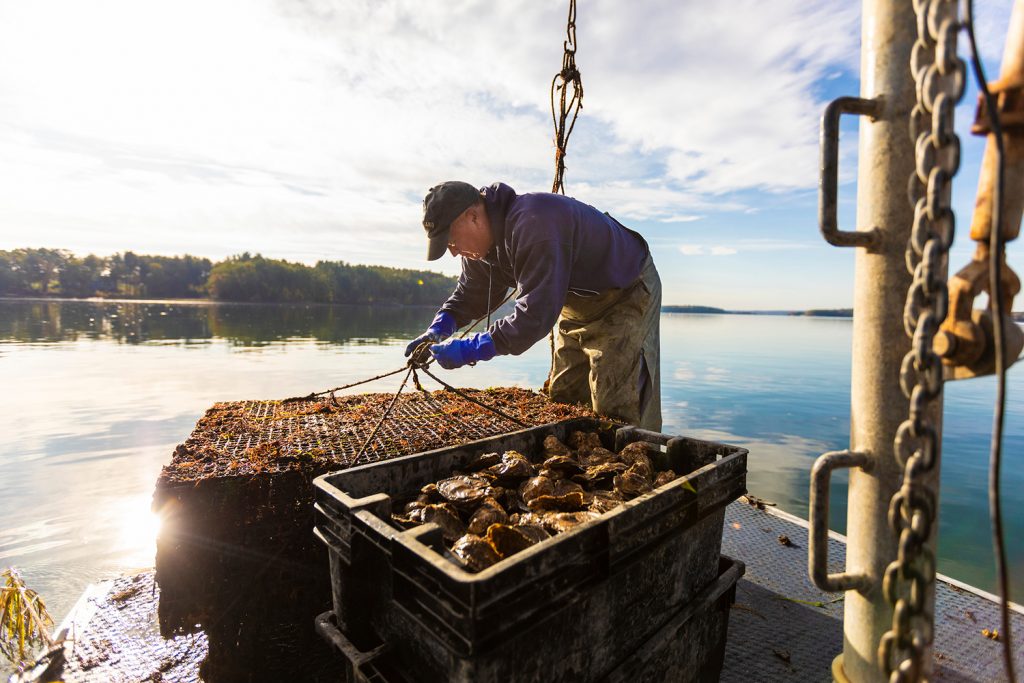
Responsibility
TNC: Restorative aquaculture can improve marine habitats, biodiversity
A report from The Nature Conservancy shows restorative or regenerative aquaculture can benefit ecosystems, marine animal habitats and biodiversity.



